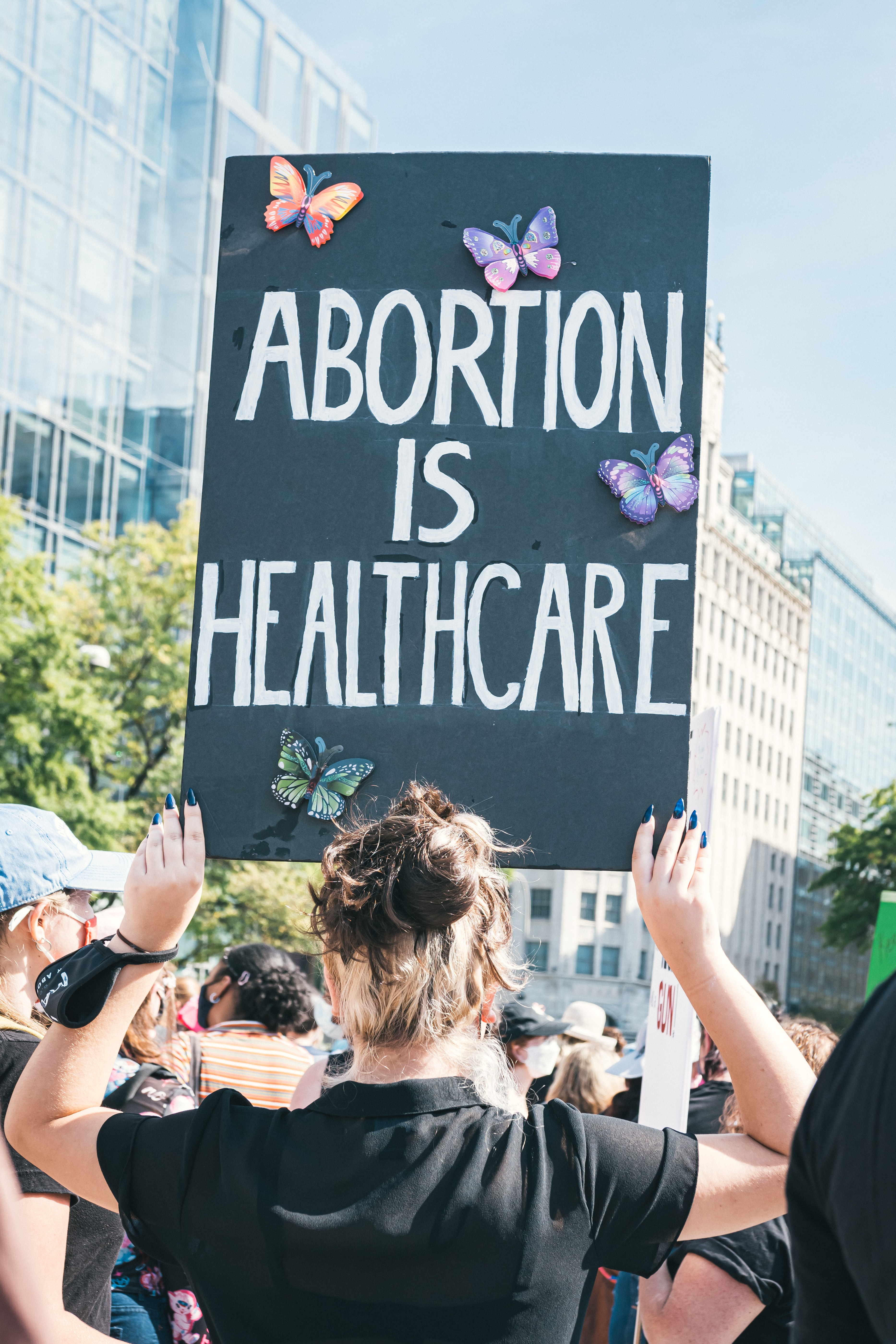Dobbs v. Jackson is a generation-defining legal precedent that will shape the battles over abortion access and other substantive due process rights in the courts for decades. It is also, more immediately, a stripping away of critical health care for many members of the Harvard Law School (HLS) student body. And yet, the HLS administration has treated the overturning of Roe v. Wade and the constitutional right to an abortion as nothing more than an intellectual exercise. But for us HLS students, this is no intellectual exercise – it is a devastating attack and loss of our rights to health care and bodily autonomy.
HLS did not respond to the overturning of Roe until four days after the decision. This delay was in spite of the fact that although Harvard Law School is where we go to learn, it is also, for many, where we go for health care. Harvard is not just a school; it’s a health care provider. Many of us turn to Harvard University Health Services for our health care needs or rely on Harvard’s student health plan for insurance coverage. Which is why it is even more upsetting that the email Harvard Law did eventually send out had nothing to do with how our access to health care will be affected by this decision, but instead, centered on a high-level panel it organized about the decision.
As a student at HLS personally impacted by the Dobbs decision, I am much more interested in learning about how HLS will be protecting my access to health care in the wake of losing a constitutionally-protected right to abortion than a panel about the next ten years of Supreme Court substantive due process jurisprudence.
This is classic Harvard Law School: it divorces legal decision-making from its real-world effects in order to maintain the illusion that lawyering can be morally neutral – and leaves its students out to dry in the process.
How will HLS shield students who intern in states without abortion access over summers? How will HLS protect students who face life-threatening injury and illness because they’ve lost access to abortion care? How will HLS address the ways this decision will further deepen health care inequities in our country due to systems of oppression and the resulting barriers to health care?
How will Harvard Law School, as both our school and our health care provider, protect us?
As a student, as someone impacted by this decision, as someone whose friends and community will be affected by this decision: that’s what I care about. I just wish Harvard Law did too.
Rather than looking outward at what this decision may mean through a panel, Harvard Law must turn inward, and tell us what it will mean for students. Because Harvard Law students will be harmed by the overturning of Roe – the only question is whether our school will do anything about it.


